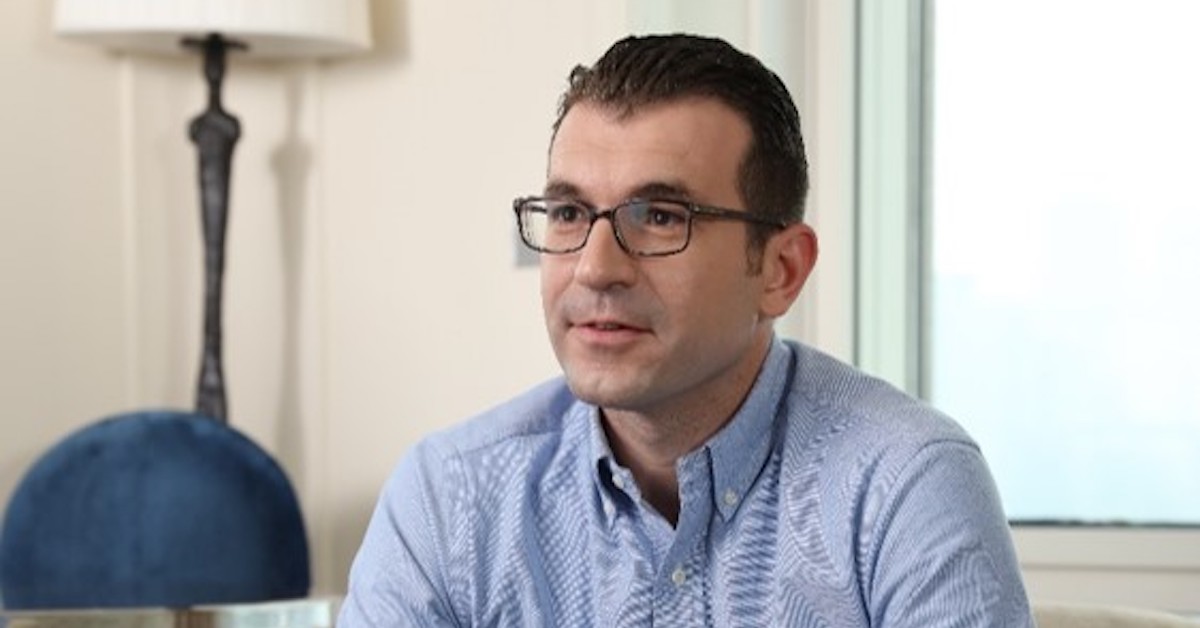Here's how much Americans in their 30s have in their 401(k)s
Americans in their 30s are about halfway to retirement age but may not be putting away enough to meet their savings goals. Here's how to boost contributions.

By age 30, you should have close to the equivalent of one year's salary saved for retirement, Fidelity Investments recommends. But if you're not there, you're not alone.
Americans between the ages of 30 and 39 have a median balance of $17,400 in their 401(k)s as of the first quarter of 2023, according to Fidelity Investments data provided to CNBC Make It. The average is a bit higher at $46,000 but can be skewed upward by a few accounts with larger balances, which is why the median is generally a better measure.
If your retirement savings fall below either of those amounts, the first thing to remember is that you're not a failure, Marguerita Cheng, certified financial planner and CEO of Blue Ocean Global Wealth, told CNBC Make It.
"Fixating on one number may not be healthy," she says. "You don't have the context and it doesn't take into consideration progress made along the way."
Instead, keep this key number in mind: your retirement savings rate, which is the percentage of your income you're contributing to your 401(k).
Fidelity recommends saving about 15% of your income each year for retirement, including any available employer match. If that seems like a lot of money to stash away right now, you can start off small and increase your contributions over time.
In practice, that could look like upping your contributions 1% each year until you reach the maximum contribution, Cheng says. If you're not a percentages person, you can aim to set aside a certain dollar amount from each paycheck.
As a younger worker, time is on your side when it comes to saving for retirement, Cheng says. By starting to make contributions as soon as possible, you give your money more time to grow through the power of compound interest.
"What's important here is progress, not perfection," she says. Consistently investing a percentage of your income helps you build sustainable wealth over time, she adds.
If you're in your 30s, your income is likely to increase as you get older, which can allow you to make larger contributions to your retirement savings over time. But it's OK to treat yourself too, Cheng says.
Ultimately, balance is key when it comes to saving for retirement.
"Enjoy yourself today, but make sure that you have enough money set aside you can enjoy yourself in the future," she says.
DON'T MISS: Want to be smarter and more successful with your money, work and life? Sign up for our new newsletter!
Get CNBC's free Warren Buffett Guide to Investing, which distills the billionaire's No. 1 best piece of advice for regular investors, do's and don'ts and three key investing principles into a clear and simple guidebook.
CHECK OUT: Here’s how much Americans have in their 401(k)s at every age


 ShanonG
ShanonG 































